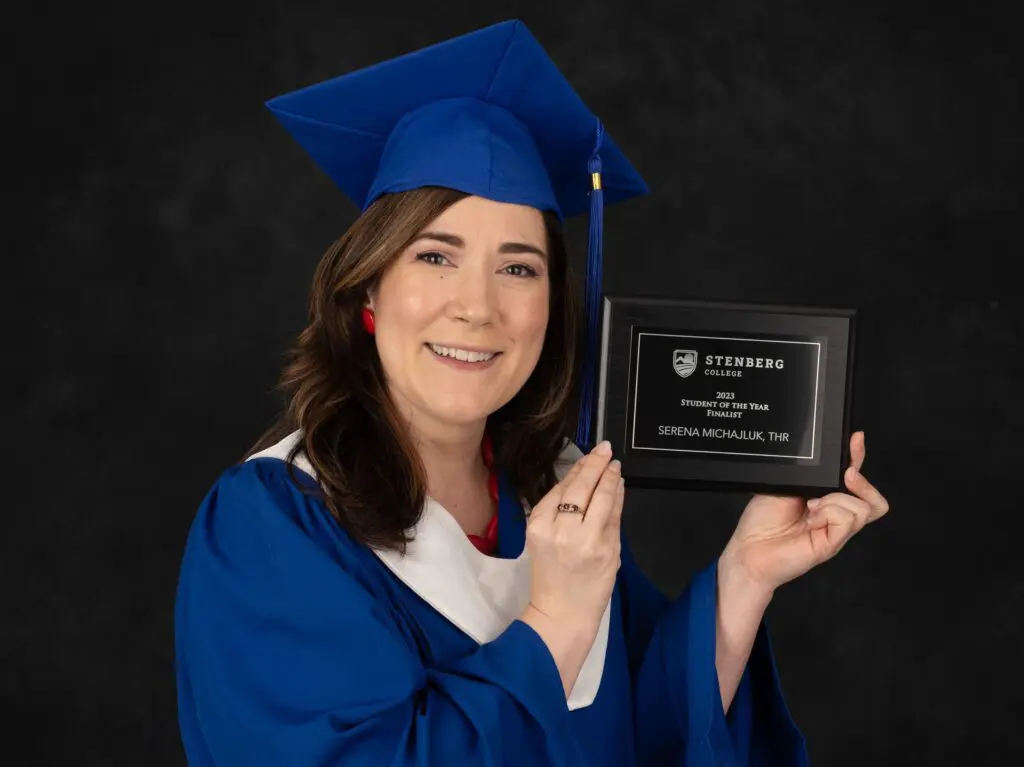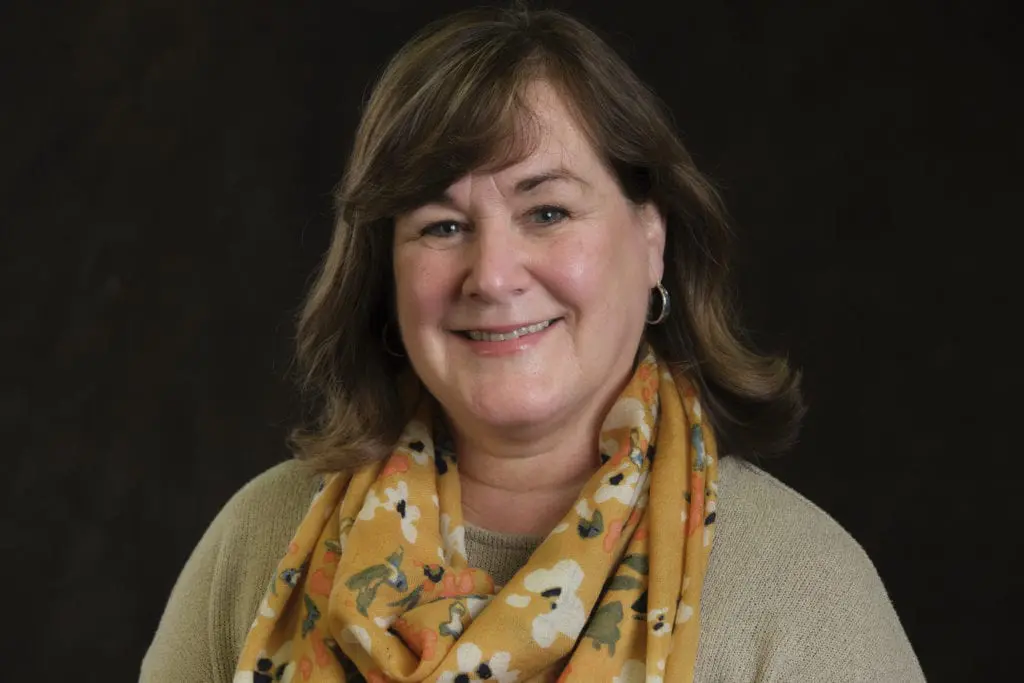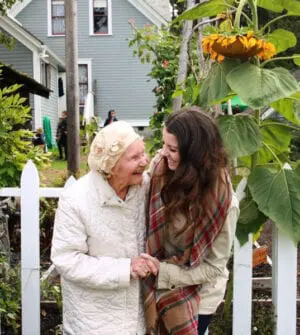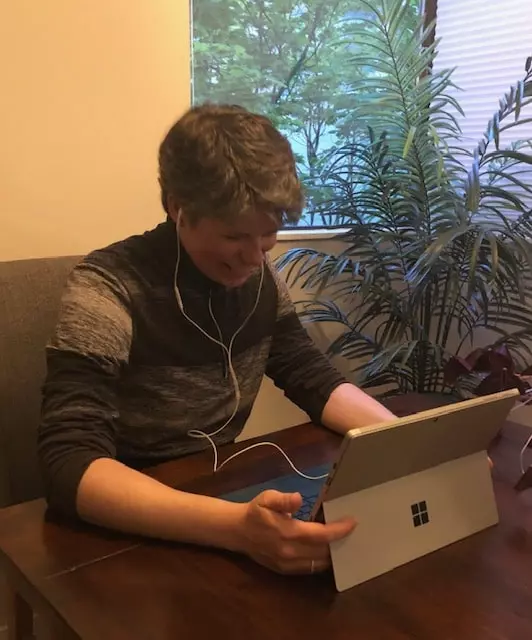Gerontology, the study of aging, can be divided into four major areas:
- Biological
- Psychological
- Social
- Cognitive
The goal of gerontology is to gain a greater understanding of the aging process and how it affects our aging loved ones physically, psychologically and socially. What contributes to a healthy and functional life for people entering old age? What are the effects of aging on the body? Most importantly, what can we do as a society to ease some of the issues associated with aging and to provide proper support?
Therapeutic recreation training equips students with the ability to get involved and make a difference in the lives of elderly clients. With a focus on gerontology, this training is designed to help develop programs which promote independence and well-being by creating social, recreational and safe environments.
Our ability to provide such a level of supportive care today is attributed to the many advancements over time in the field of gerontology. Let’s take a look at how the study of aging has helped us develop a better understanding on how to provide better support and care to the aging community.
Advances in Life Expectancy
In Canada, the life expectancy has risen from around 47 years in 1900 to 81 years in 2012 – and that’s just in the past century.
While the number of aging citizens and the life expectancy has been increasing every century since the 1400’s, society always considered caring for an elderly relative as a family issue. It was not until the coming of theIndustrial Revolutionthat ideas shifted in favor of a societal care system. Care homes for the elderly finally emerged around the 19th century.
Education
Gerontology education has flourished in North America since the 1960’s. From the 1950s to the 1970s, the field was mainly concerned with issues such as providing nursing homes and health care. However, research byLeonard Hayflickin the 1960s helped lead gerontology education into separate branches. It became apparent that simply treating aging was not enough. Developing an understanding of the aging process, and what could be done about it, became a prime issue.
Certification programs such as a therapeutic recreation diploma surfaced not long after this time, which provided those interested in gerontology with a deeper understanding of concepts like quality care, the positive impact of community and the benefits of recreational programs.
Modern Trends in Gerontology
Gerontology continues to be a growing field of study as well as a rising area of public interest. Academic positions are increasing, and there are even more employment opportunities in service areas such as:
- retirement housing
- assisted living
- exercise programs
- health care
- adult education
- travel and entertainment
A therapeutic recreation career offers students the opportunity to delve into many of the social, psychological and biological aspects of providing support to aging citizens. Further research into gerontology will only help provide a more inclusive and aware society for older members of the population to live in.
What makes you interested in a career in gerontology?










